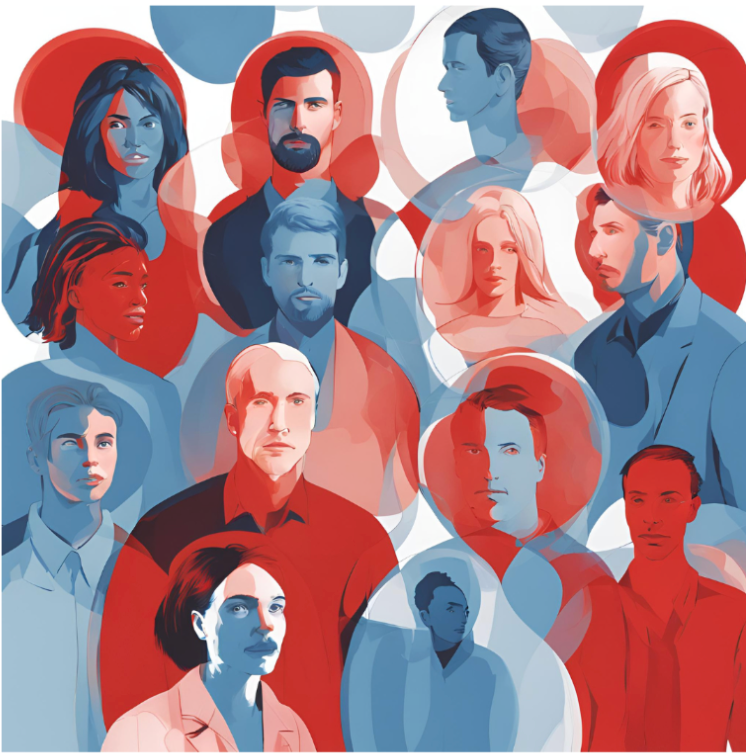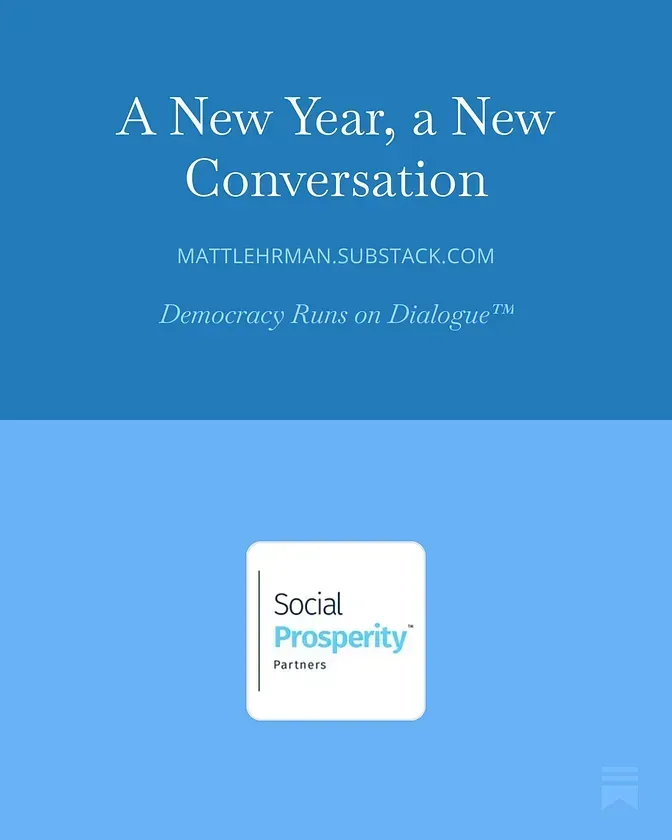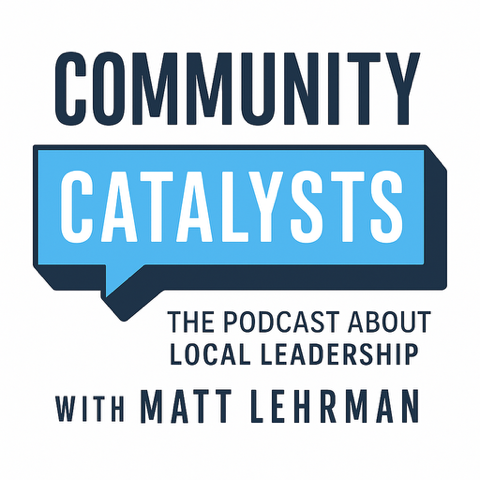This Memorial Day, honor the cause of civility, too
By Matt Lehrman
Social Prosperity Partners
Hypothetical question: If the President signed an official proclamation urging all Americans to unite in prayer for “permanent peace,” how would you respond?
(A) “Sign me up! This is just the kind of thoughtful leadership we need right now.”
(B) “Empty pieties won’t accomplish anything. He’s just pandering for votes.”
(C) “Is it Memorial Day already? I thought that was next weekend!”
With apologies to Jeff Foxworthy, if you answered A or B, you might be living in a partisan bubble. If you answered C, however, you may also know it was Harry S. Truman who made a prayer for “permanent peace” a presidential tradition since at least 1949. Now as then, the line between inspiring leadership and meaningless rhetoric is in the eye of the beholder.
We all know that politics can be ugly. We routinely describe the legislative process as “sausage making,” and every election season, voters are bombarded with negative ads and dirty tricks that turn many off from participating at all. We might not like it, but in a representative democracy, the political process is the only means we have to resolve societal conflicts peacefully.
There is no better time to face this difficult truth than on Memorial Day (May 27 this year). Although it didn’t officially become a national holiday until 1971, it was first observed as Decoration Day in the years after the Civil War — the ultimate “breakdown of civility.” So when we honor the Americans who fought and died for their country, we must also remember that their sacrifice only became necessary because of a failure in politics or diplomacy, somewhere along the line.
“Permanent peace” may never be achievable, but in the aftermath of another devastating war, President Truman understood how important it was that we keep trying.


NEW EPISODE — “ “Mayor Craig McFarland, Casa Grande, AZ”” (May 21, 2024)
Mayor Craig McFarland of Casa Grande, Arizona, reflects on his two terms in office and a recent federal freeway investment that marks a milestone in regional connectivity. This achievement underscores the collaborative efforts of local, regional, tribal, state and federal entities.
Listen on Apple, Spotify and all podcast platforms
“Signe Friedrichs, Former Council Member, Herndon, VA“ (May 14, 2024)
NEXT LOCAL LEADERSHIP CHAT: FRIDAY, JUNE 7
“Shaping Tomorrow”: What challenges and opportunities do you see right now that could make a lasting impact in your community or organization? Join civic leaders from across the country to discuss priorities and strategies for building resilience and prosperity in the future.
RSVP HERE to attend this free & friendly online discussion. Local Leadership Chats are facilitated by Matt Lehrman on the first Friday of every month.
Connect with Matt:
- Email me at Matt@SocialProsperity.us.
- Follow me on Facebook, Instagram, YouTube and LinkedIn.
- Learn more at SocialProsperity.us and MattLehrman.com.



